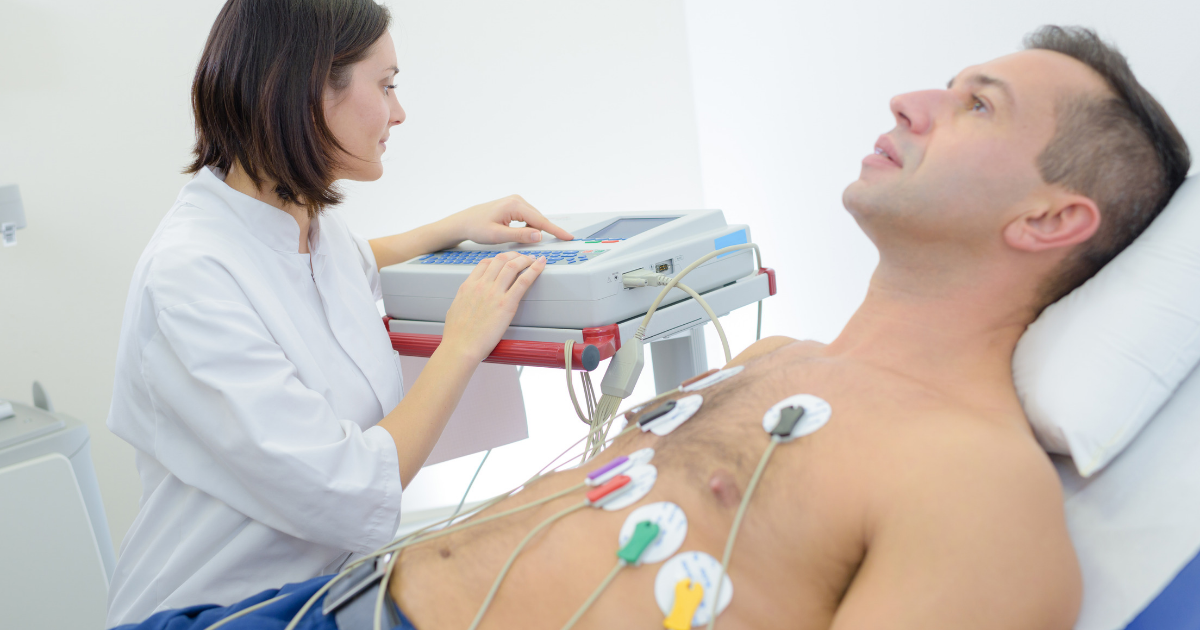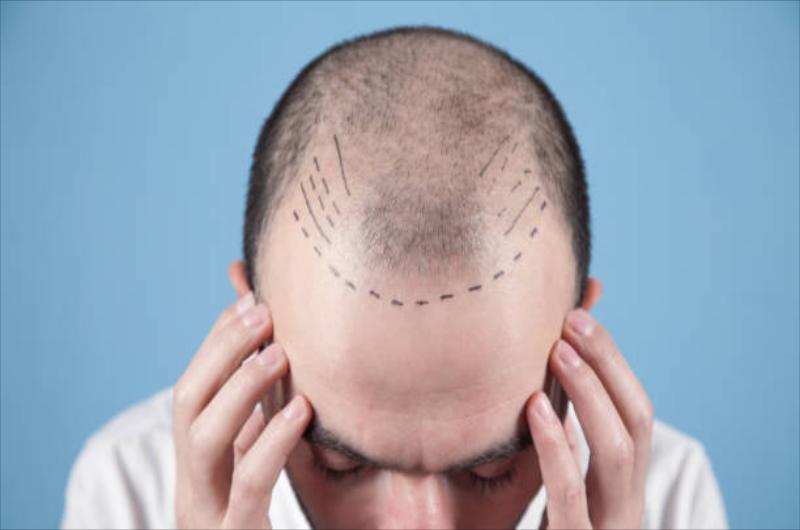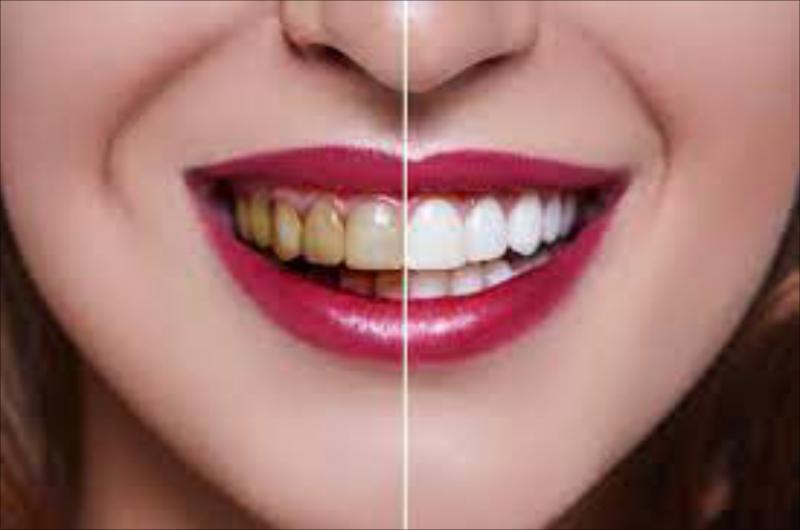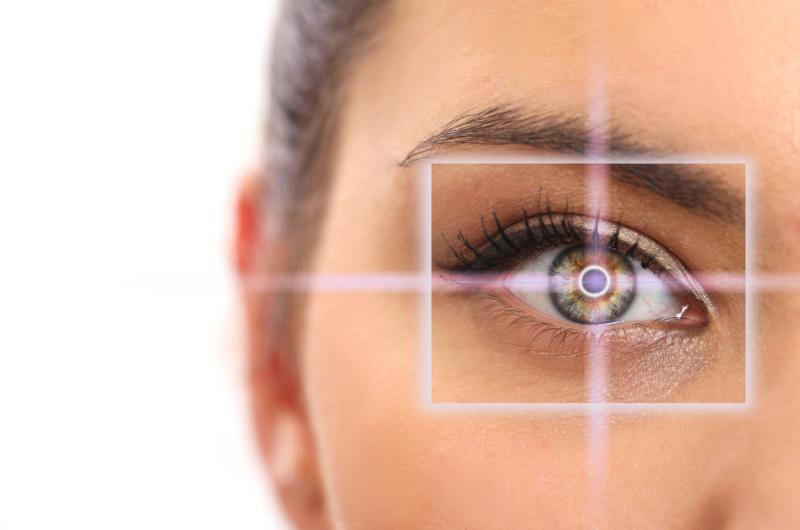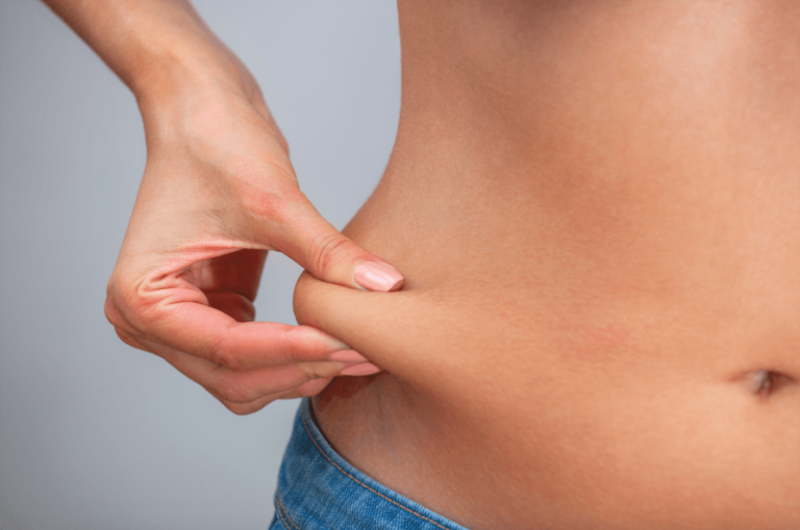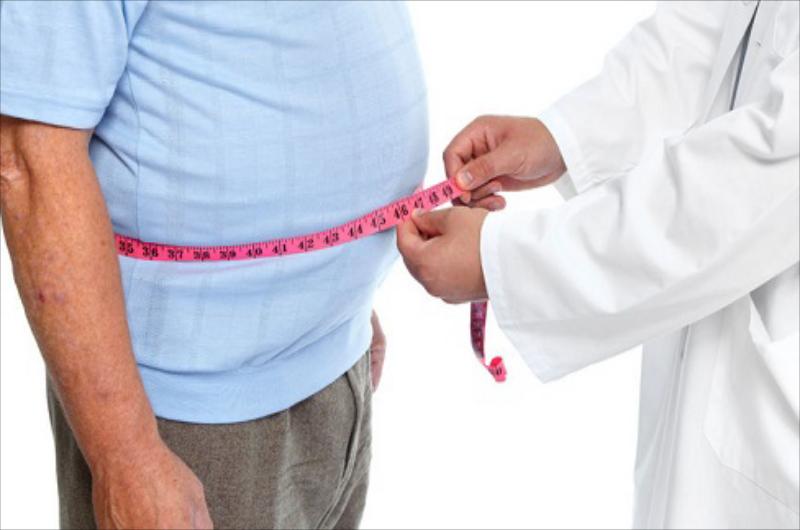About Treatment
Cardiovascular disease is the leading cause of death in humans today. Modern methods of diagnostics of various pathologies allow reducing mortality. One of these methods is ECG (electrocardiogram) - the definition of heart rate indicators. This examination is very simple, non-invasive (not tissue traumatic) and informative. As part of the diagnosis, the activity of the heart muscle is recorded. The results of the study are recorded on a paper tape and can be immediately evaluated by a doctor.
When decoding ECG, doctor can determine the presence of previous diseases - myocardial infarction, arrhythmias, as well as assess the general condition of the heart, see the dynamics and other changes at the moment. The study takes no more than 10-15 minutes in time.
In order to avoid the development of serious cardiovascular diseases, doctors recommend that men and women under 35 years of age undergo ECG annually, and for people at risk every six months.
The risk group includes people suffering from obesity, high blood pressure (hypertension), diabetes mellitus. Frequent dizziness, headaches, shortness of breath, overwork can be symptoms of heart disease. And alcohol consumption and smoking, even in small quantities, only aggravate this process and can cause serious health problems in the human body.
-
Procedure Duration
About 20 minutes
-
Procedure Result
The same day
ECG is recommended for patients when:
Severe chest pain
Shortness of breath even at rest
Persistent dizziness and fainting
Physical intolerance
Heart murmurs detected during initial diagnosis
Also, the study is carried out with high blood pressure (constant or intermittent), heart rhythm disturbances, rheumatism, diabetes mellitus. ECG is performed in case of an overdose of certain medications.
Part of the mandatory examination is electrocardiogram when:
Pregnancy. Diagnostics is necessary in connection with a change in the circle of blood circulation
Assessment of a person's professional fitness
Standard clinical examination
Preparing for surgery
Electrodes are placed on patient's body - on the wrists and legs, on the chest and in the region of the heart. The heartbeat generates electrical impulses. It is these impulses that are recorded by the electrocardiograph and transmitted to the monitor, and then printed. The examination takes about 5 minutes and can be repeated whenever necessary.
Resting ECG does not require special preparation and can be performed at any time of the day.
On the day of the ECG diagnosis, you need to sleep well. It is undesirable to perform any physical exercise (exercise, jogging, etc.). If ECG in clinic is scheduled for the early morning, then a hearty breakfast should be avoided. During the procedure day, you should limit yourself to a light snack 2 hours before the start of the session.
It is important to give up tea, coffee, energy and other drinks on the day of electrocardiography, as they stimulate the activity of the heart, as a result of which the results may be distorted. The use of drugs that have a vasoconstrictor effect is excluded (including some eye drops, remedies for the common cold, etc.). Smoking is strictly prohibited 2 hours before ECG.
You should not apply various care products (lotions, creams) to the body, since their constituents form a greasy film on the surface, which in turn negatively affects the contact of the electrodes with the skin.

